

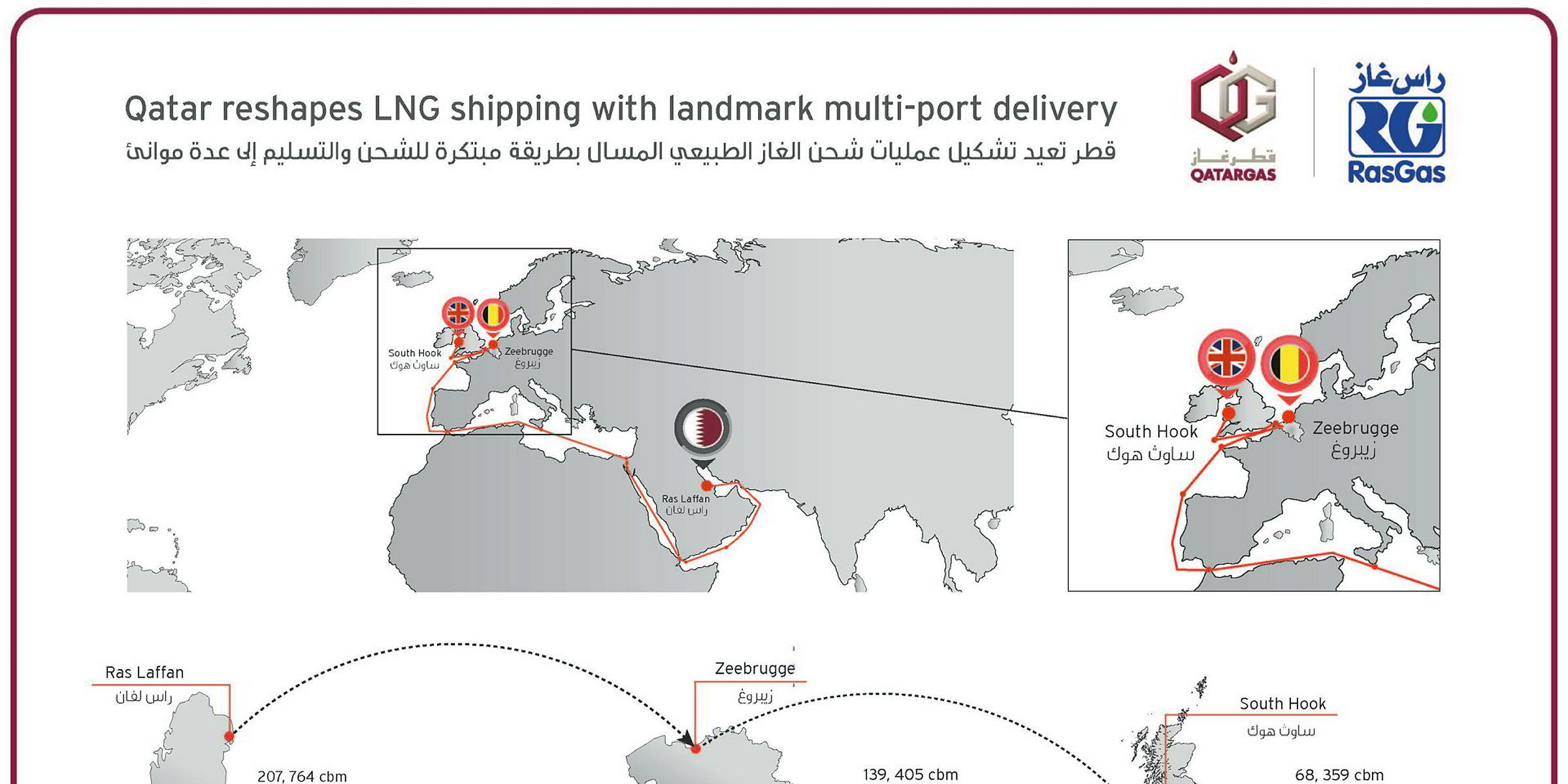
As Qatar has long been the dominant player in the liquefied natural gas (LNG) market, flexible suppliers such as Australia, the United States, and Russia are vying for a larger share in the growing Asian market. With the increasing demand for natural gas across the continent, Qatar is facing fierce competition from these suppliers who have the ability to adapt to market changes and offer more flexible contracts. As these flexible suppliers gain a foothold in the region, Qatar's dominance may be challenged.
Background
Qatar has long been a dominant player in the global liquefied natural gas (LNG) market, accounting for a significant share of the world's supply. However, in recent years, flexible suppliers from countries such as Australia, the United States, and Russia have emerged as strong competitors in the growing Asian market.
The Asian market is a key driver of LNG demand, with countries like China, Japan, and South Korea importing substantial amounts of the fuel to meet their energy needs. As these countries transition to cleaner energy sources, the demand for natural gas is expected to continue to grow.
Emergence of Flexible Suppliers
The emergence of flexible suppliers has posed challenges to QatarEnergy LNG. These suppliers have the ability to adapt to market changes more quickly and offer more flexible contracts. For example, they can offer shorter-term contracts or spot pricing, which gives buyers more flexibility in managing their gas supply and prices.
This flexibility has become increasingly attractive to buyers in the Asian market, who are seeking to diversify their sources and reduce their reliance on long-term contracts with QatarEnergy LNG.
Impact on QatarEnergy LNG
The increased competition from flexible suppliers is putting pressure on QatarEnergy LNG to adapt to the changing market dynamics. The company has responded by investing in new production facilities and developing a more flexible contract portfolio.
However, it remains to be seen whether QatarEnergy LNG can maintain its dominance in the face of increasing competition. The Asian market is becoming increasingly competitive, and flexible suppliers are poised to gain a larger share of the market.
Top 5 FAQs
1. Why is QatarEnergy LNG facing competition in the Asian market?
QatarEnergy LNG is facing competition because flexible suppliers from countries like Australia, the United States, and Russia are offering more attractive contracts and terms to buyers in the Asian market.
2. What makes flexible suppliers more attractive to buyers?
Flexible suppliers can offer shorter-term contracts or spot pricing, which gives buyers more flexibility in managing their gas supply and prices.
3. How is QatarEnergy LNG responding to the competition?
QatarEnergy LNG is investing in new production facilities and developing a more flexible contract portfolio to remain competitive in the market.
4. What are the potential implications for QatarEnergy LNG?
Increased competition could lead to reduced market share and lower prices for QatarEnergy LNG, potentially impacting its revenues and profitability.
5. What is the outlook for the Asian LNG market?
The outlook for the Asian LNG market is positive, with demand expected to continue to grow in the coming years as countries transition to cleaner energy sources.

Zomato CEO, Deepinder Goyal, responds to user feedback on the company's "Food Rescue" initiative, showing his commitment towards innovation and open recruitment. The feature, launched on October 10, 2024, offers discounted meals from cancelled orders to customers within a 3km radius, aiming to reduce food wastage and provide affordable options. While there have been concerns raised about safety and fairness, Goyal points out the efforts to ensure proper packaging and limit the number of cancellations per month. The company is also exploring partnerships with food banks and charities to further reduce food wastage.
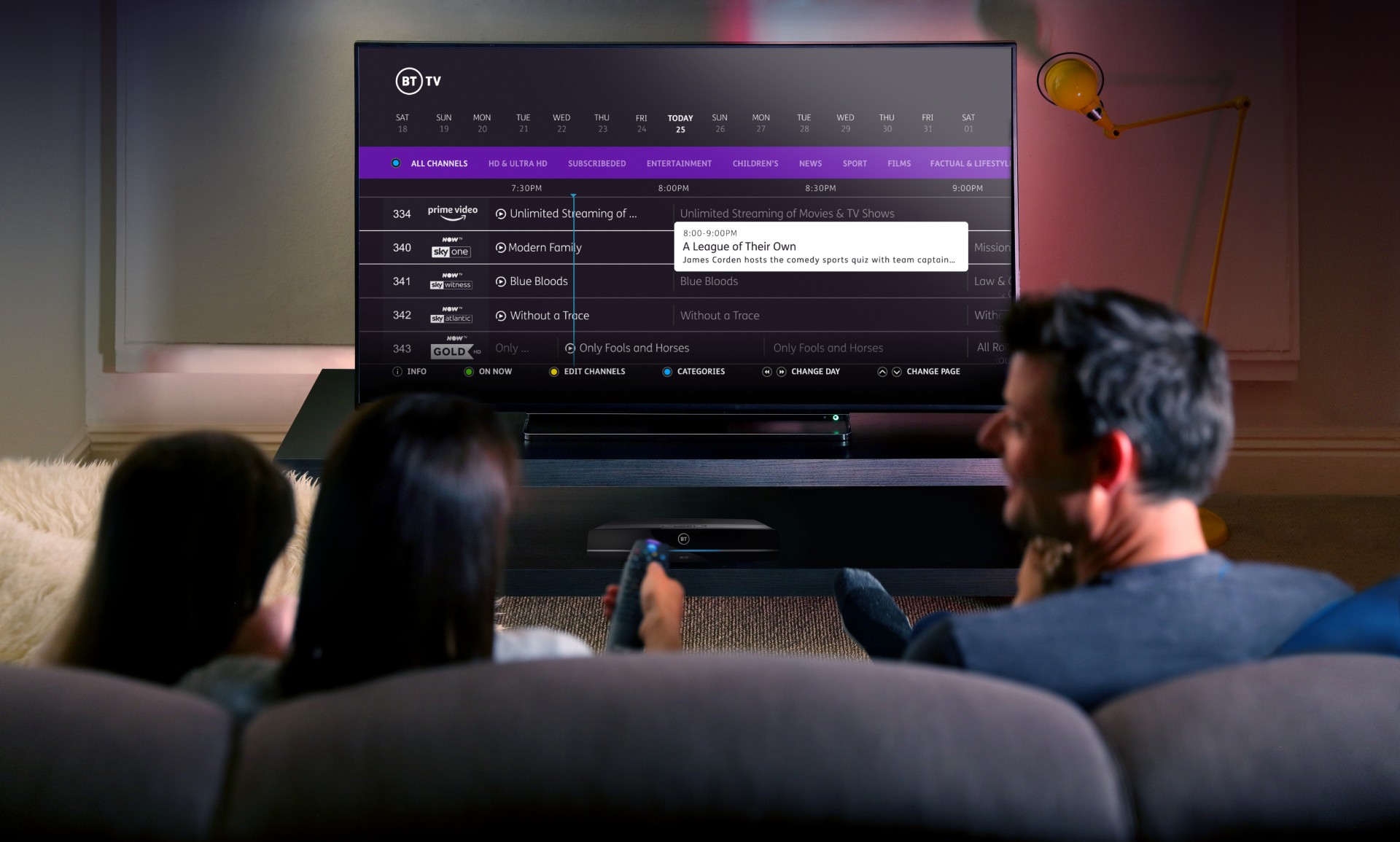
BTTV, a leading market news channel, introduces a new show called 'Daily Calls' aimed at providing viewers with expert insights and guidance on navigating the market. With access to live sessions featuring experienced analysts, the show aims to assist viewers in making informed investment decisions and building a strong portfolio. Don't miss out on this valuable opportunity to gain clarity and understanding in today's uncertain market.
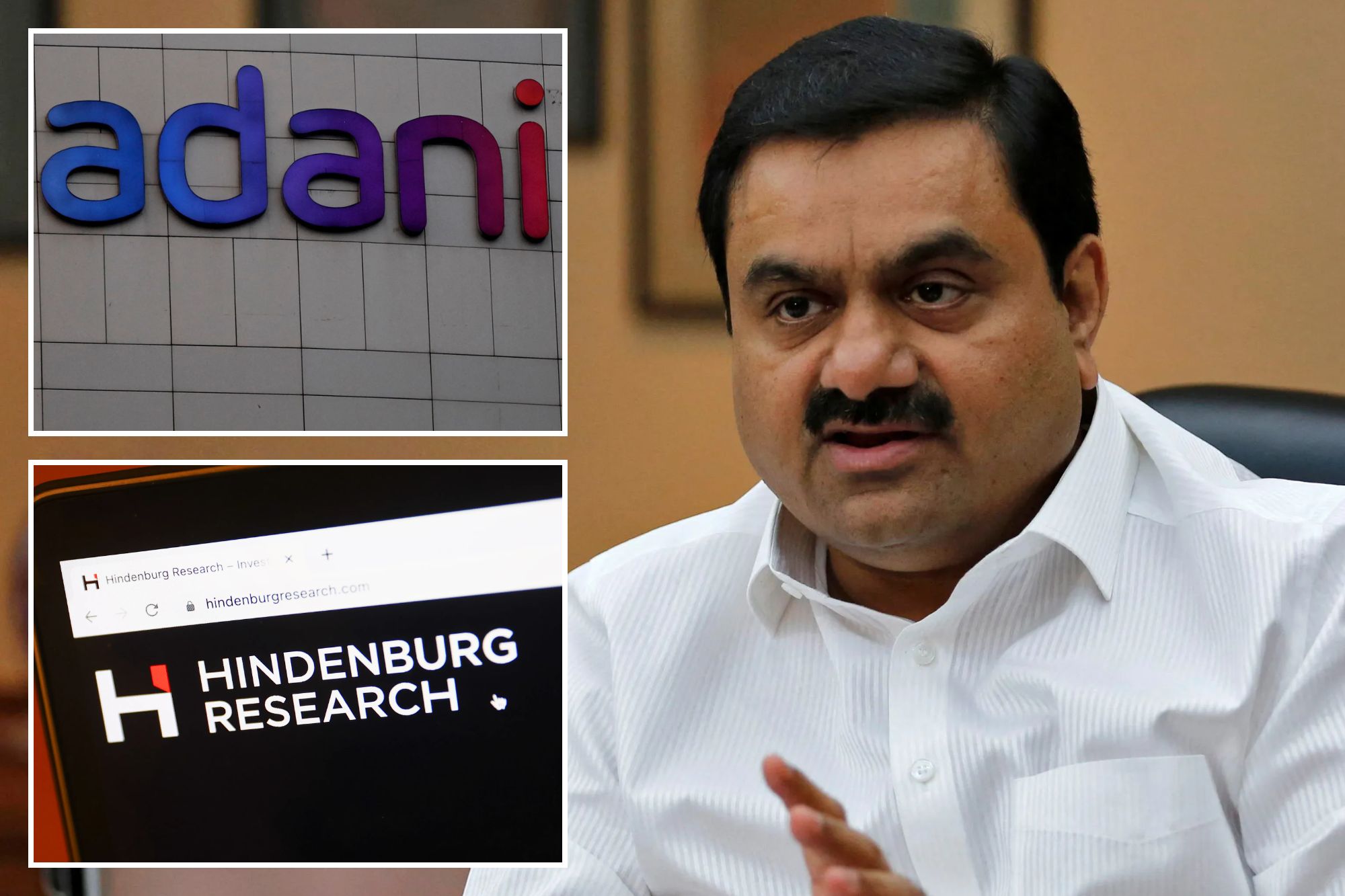
Adani Group is under scrutiny for alleged violations of disclosure norms concerning a US bribery case and the subsequent cancellation of major deals by Kenya. While the conglomerate has denied any involvement in the case, stock exchanges have sought explanations and experts believe that the Securities and Exchange Board of India (SEBI) may launch an investigation. The allegations, which include a criminal indictment and a civil complaint, could have significant consequences for Adani Group's reputation and access to international markets.

Outlandish, an e-commerce startup, is opening a new brick-and-mortar store in Santa Monica's 3rd Street Promenade, featuring a first floor of branded stalls and a second floor for shopping. The store aims to mix live online selling with in-person retail, as visitors can watch influencers and sellers on livestreams and even join in themselves. The concept taps into the growing trend of live shopping in the US, with TikTok itself actively promoting and hosting events centered around live selling. This move by Outlandish is in line with TikTok's efforts to recreate the success of its Chinese sister app, Douyin, which drives billions in annual product sales.
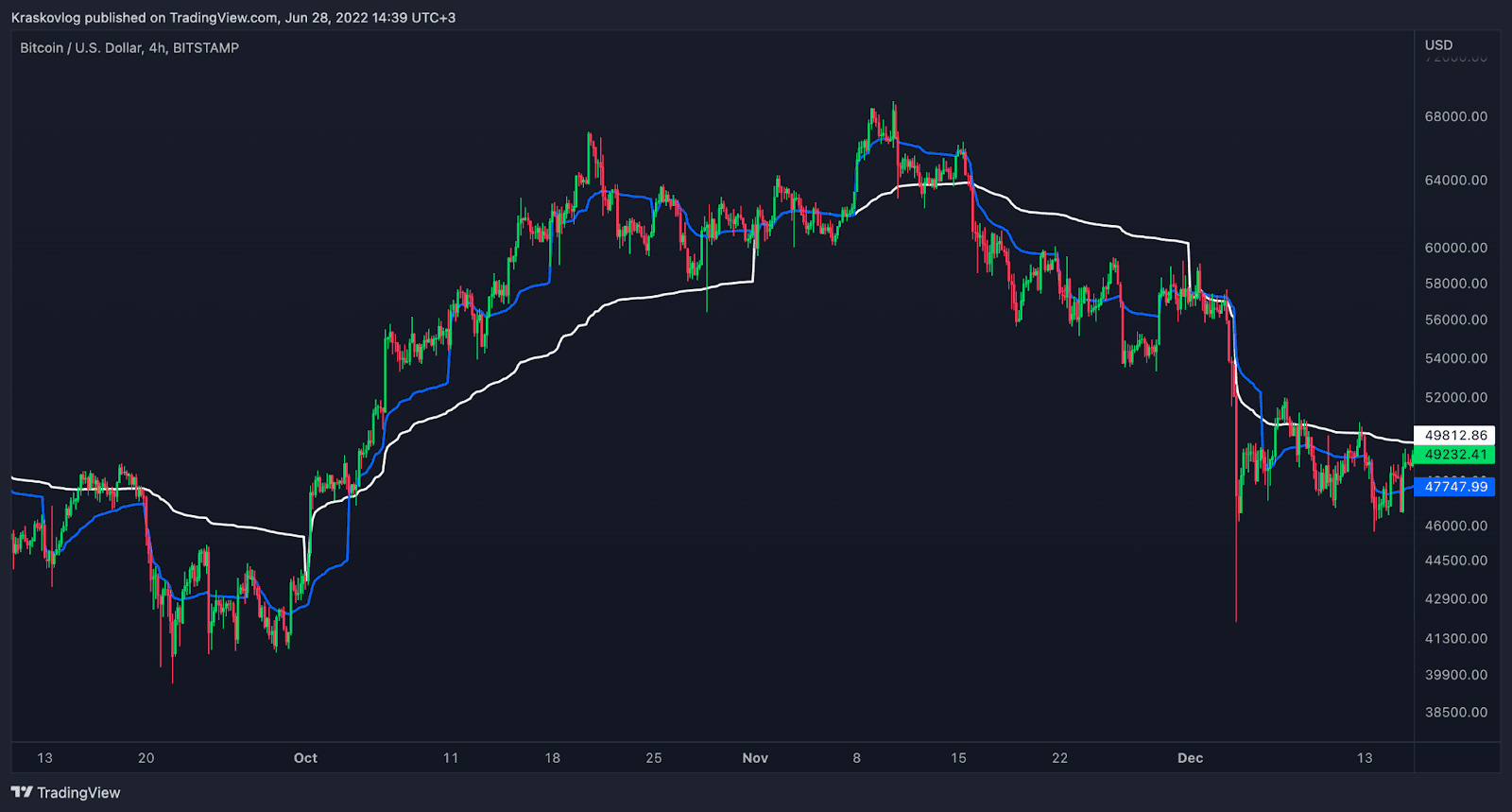
The highly volatile Mad cryptocurrency has seen a massive surge of 67% in the last 24 hours, trading at $0.00006226 as of 02:49 a.m. EST. This sudden spike in price, along with a heavy overbought RSI level of 86, signals a potential correction or pullback in the near future. However, the Mad price has managed to break above both the 50-day and 200-day SMAs, indicating a strong and sustained bullish trend. The ADX value above 60 also confirms the strength of this rally. Stay updated on this exciting development by joining our Telegram channel.

In a note released on Friday, JPMorgan addressed concerns over potential credit risk for Indian banks heavily exposed to the Adani Group, following the recent indictment of its billionaire founder, Gautam Adani, in the US. While the charges have sparked a drop in shares of state-owned banks, JPMorgan analysts have deemed the banks' exposure "manageable," with their assessment showing a low risk of default from the Adani Group. However, global and local banks are expected to take a cautious approach in providing any new funding to the conglomerate, with potential for higher interest rates due to heightened risks.
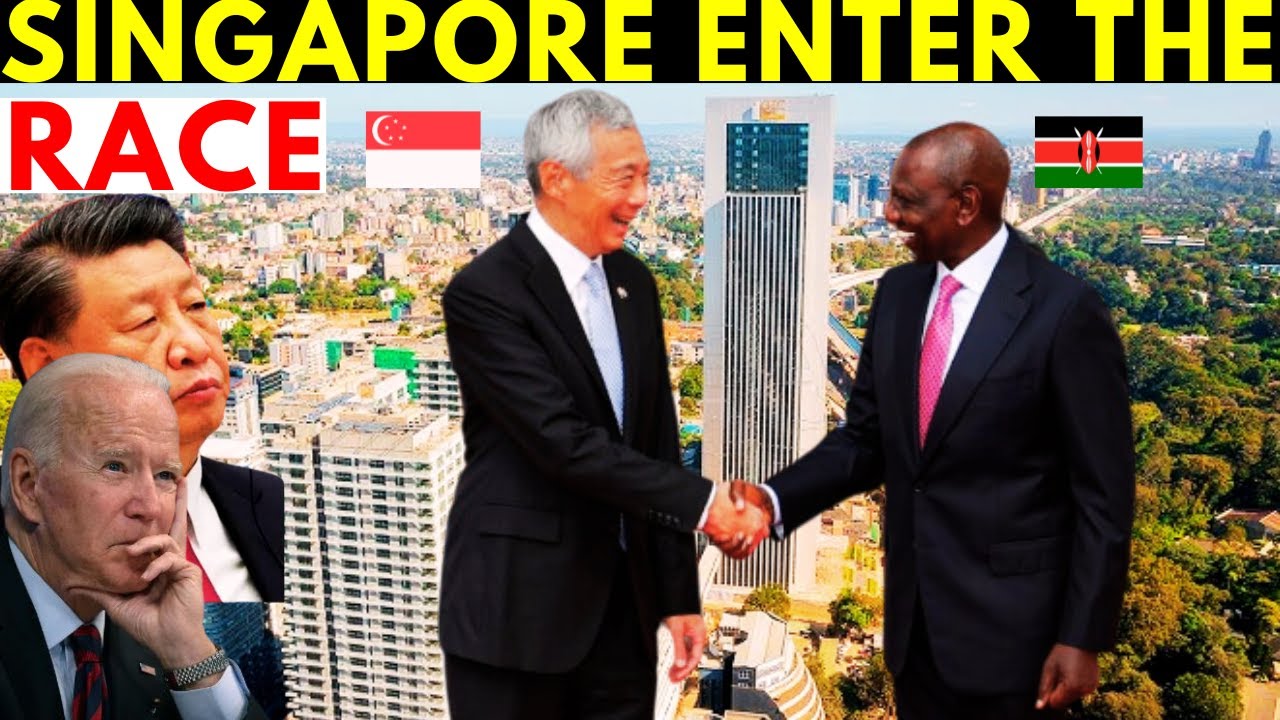
In a state of the nation address, Kenya's President announced the cancellation of major deals with Indian tycoon Gautam Adani, including an airport expansion project and power transmission lines. This decision was made in light of U.S. bribery and fraud indictments against Adani, who has been charged with securities fraud and conspiracy. The controversial deals had faced backlash from Kenyan protesters and airport workers concerned about potential job losses. Despite claims from Kenya's Energy Minister that no corruption was involved on their part, the country has now severed ties with Adani's conglomerate.
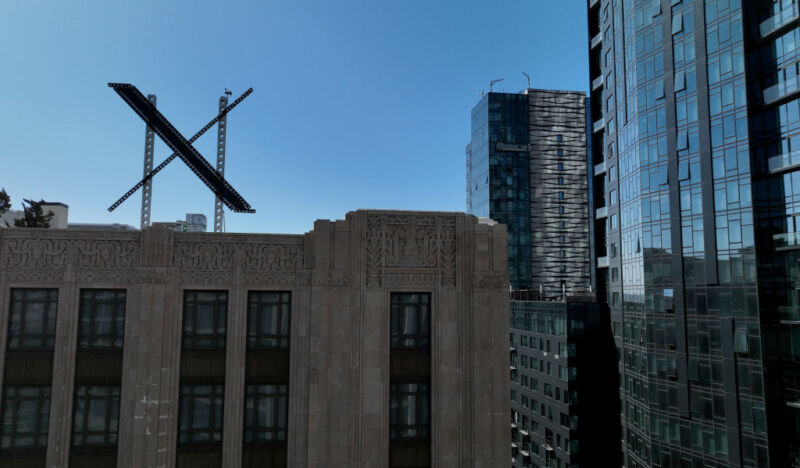
X's new terms of service, which allow the company to use user data and hold users accountable for overusing the platform, are prompting long-time users, including celebrities like Gabrielle Union, to leave the popular microblogging platform. In response, many users are turning to Bluesky, a microblogging startup, with its U.S. mobile app downloads increasing by an estimated 651% since the start of November. Despite X and Meta's larger user bases, Bluesky's growth suggests many users are looking for alternatives to X's new terms.
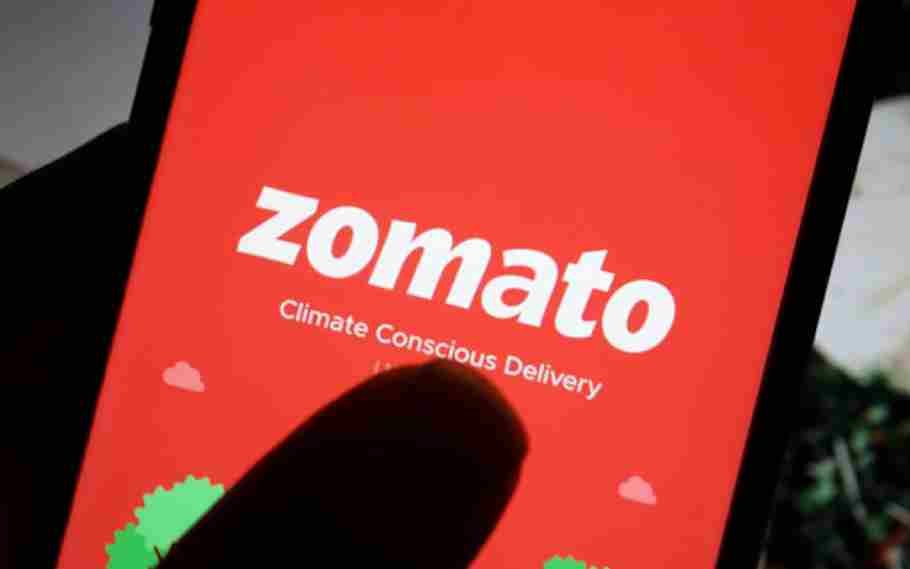
Zomato’s new “Food Rescue” feature caught the attention of Bengaluru resident Bhanu who offered practical and thoughtful suggestions to CEO Deepinder Goyal. Impressed by his insights, Goyal extended an unexpected job offer to Bhanu, a product manager working for a startup. This positive exchange highlights the importance of hiring talented individuals who offer practical solutions to enhance a company’s operations. Zomato, known for handling over 4,00,000 cancelled orders per month, aims to prevent food wastage with their new feature, which offers discounted meals to customers within a 3km radius of a delivery partner with a cancelled order.
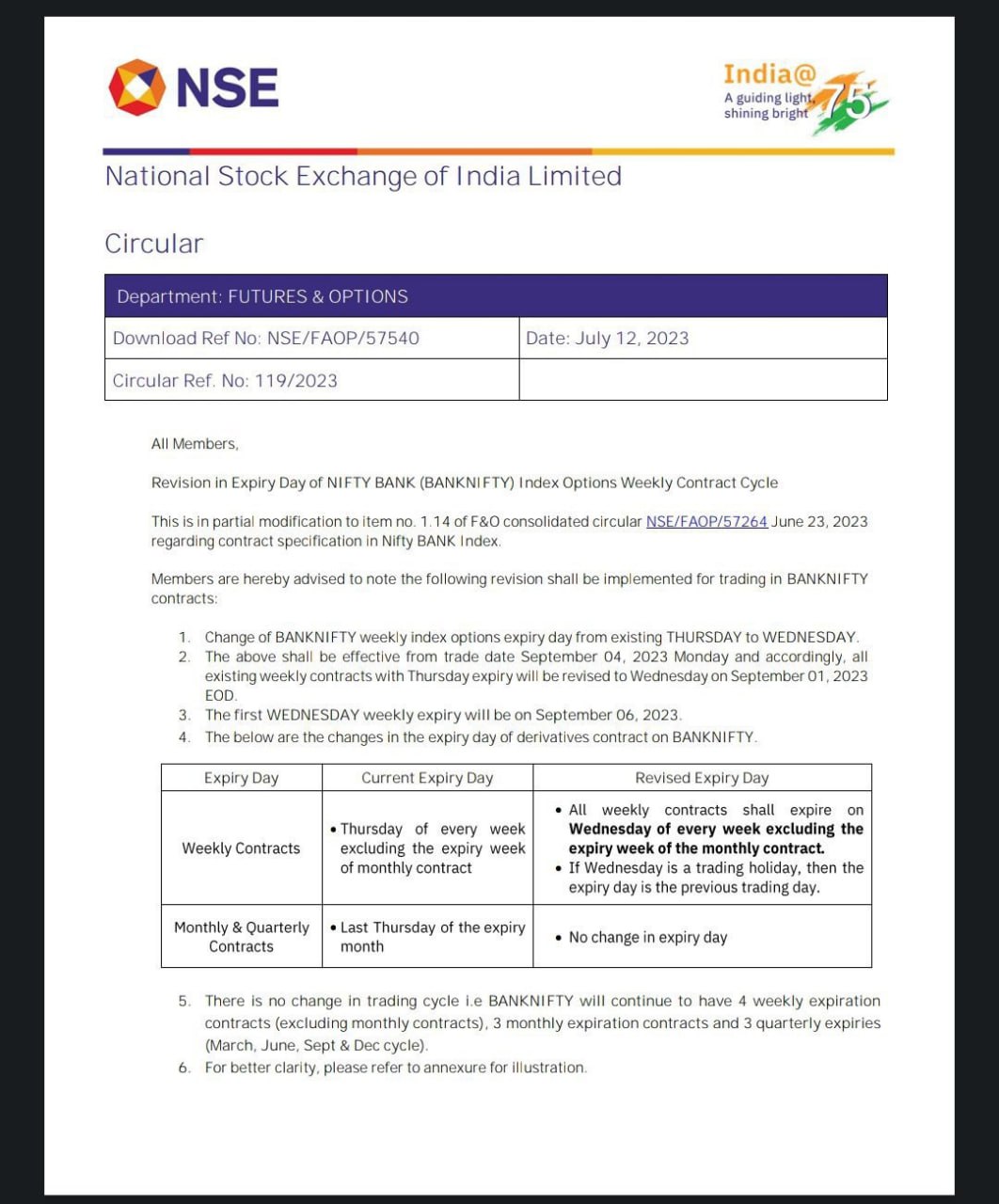
Zerodha co-founder and CEO Nithin Kamath shared a humorous mock obituary for Bank Nifty Weekly contracts on social media. The post, created by one of his old trader friends, announced the "passing" of Bank Nifty Weekly and mentioned its struggles with regulation. The post has since gone viral, with many traders reminiscing about their experiences with this contract.